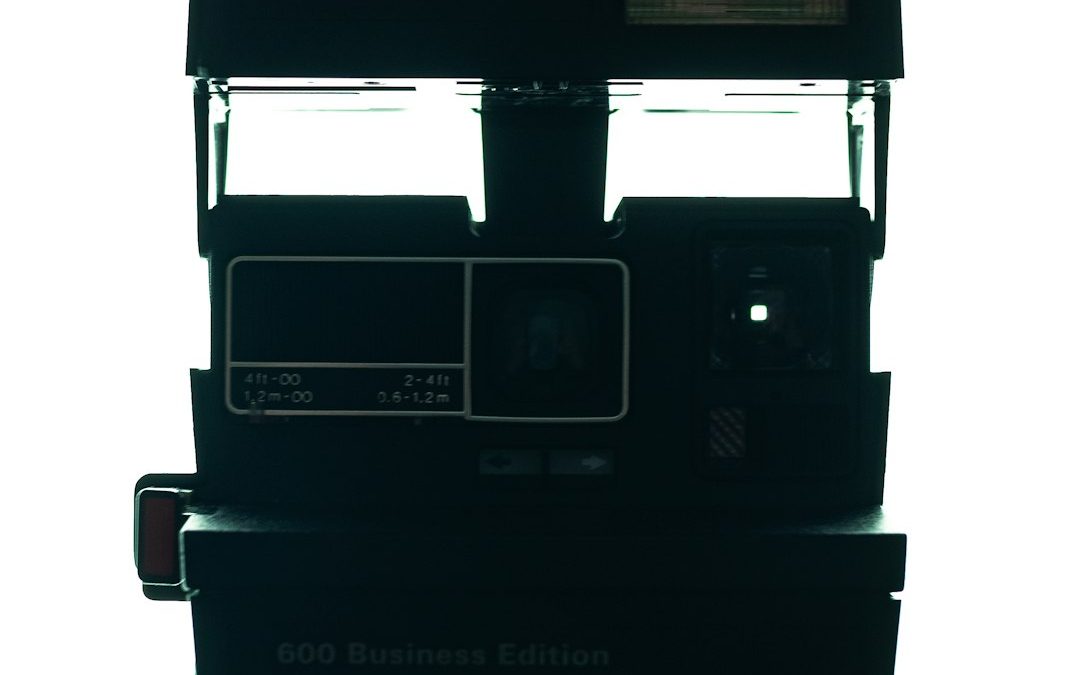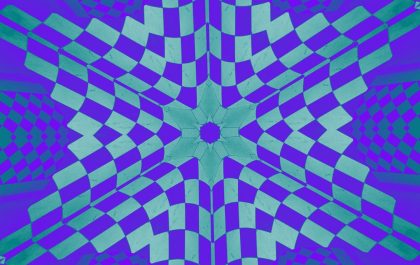Preserving your memories through high-quality image scans has become more important than ever. Whether you’re digitizing old family photos, archiving documents, or scanning prints for professional use, a reliable photo scanner can deliver the clarity and detail that smartphones and multipurpose printers often can’t match. In this guide, we’ll break down the best photo scanners available today and provide insights into which one may suit your specific needs.
Why Choose a Dedicated Photo Scanner?
While smartphone apps and all-in-one printers offer scanning capabilities, they often lack the resolution, color depth, and image correction algorithms found in dedicated photo scanners. Some of the key advantages of using a photo scanner include:
- Higher resolution scans – Ideal for enlargements and archival purposes.
- Color accuracy – Better tone reproduction for photos and films.
- Advanced software features – Dust removal, scratch corrections, and image enhancements.
- Media versatility – Ability to scan negatives, slides, and medium formats.
Top Photo Scanners in 2024
Here’s a breakdown of the top-rated photo scanners this year, based on in-depth reviews, performance tests, and consumer feedback.
1. Epson Perfection V600
The Epson Perfection V600 is widely considered the best all-around photo scanner for most users. With an optical resolution of 6400 x 9600 dpi, this flatbed scanner supports scanning of photographs, film, and slides. It also includes Digital ICE technology to remove dust and scratches from film scans, a feature often reserved for premium models.
Key Features:
- High-resolution scanning
- Digital ICE technology for film
- Energy-efficient LED light source
- Compatible with both Windows and macOS
Whether you’re digitizing your photo albums or scanning slides for reproduction, the V600’s balance of price and performance makes it ideal for professional-quality results without stretching the budget.
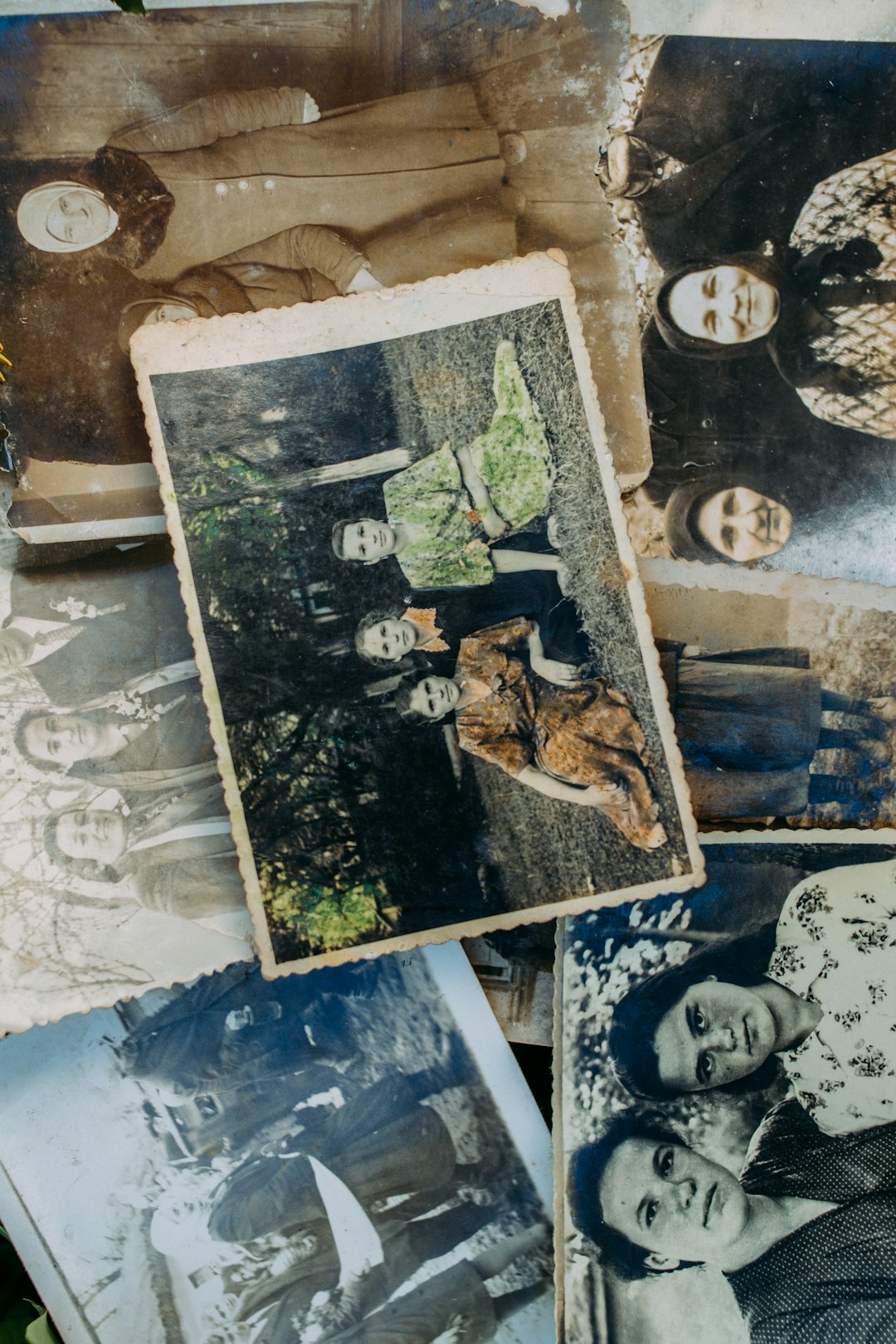
2. Canon CanoScan 9000F Mark II
Well-regarded for its speed and simplicity, the Canon CanoScan 9000F Mark II delivers exceptional scanning for photos and 35mm film. It has a maximum resolution of 9600 x 9600 dpi for film scanning and 4800 x 4800 dpi for photos and documents. Canon’s built-in software suite includes automatic image enhancement features that correct fading and backlight problems.
Key Features:
- Multiple film formats supported
- High-speed scanning
- Auto Scan Mode for ease of use
- Integrated correction tools
This model stands out in its ability to quickly produce high-resolution images without compromising detail — great for both personal archiving and small-scale professional use.
3. Epson FastFoto FF-680W
If you’re faced with digitizing thousands of printed photos in a short time, the FastFoto FF-680W is your fastest way there. Unlike traditional flatbed models, this scanner uses a sheet-feed mechanism to scan photo prints at speeds up to one photo per second at 300 dpi. It supports both wireless and USB connections and comes equipped with photo-safe rollers that minimize the risk of damage during scanning.
Key Features:
- Blazing-fast scanning speed
- Automatic file naming and organization
- Front and back photo scanning in a single pass
- Batch scanning for high productivity
This scanner is perfect for families or organizations with large physical photo collections that need to be digitally preserved quickly and efficiently.
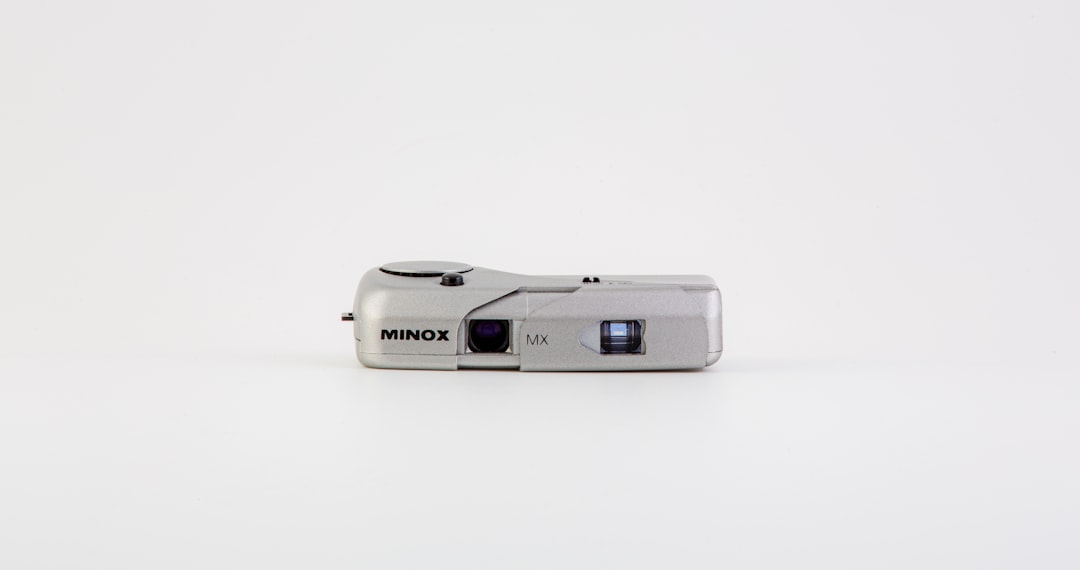
4. Plustek Photo Scanner – ePhoto Z300
With its minimalist design and easy operation, the Plustek ePhoto Z300 is an ideal choice for individuals looking to digitize photo prints up to 8×10 inches without a lot of manual intervention. It’s not intended for negatives or film, but when it comes to scanning old prints, it offers impressive color correction and enhancement tools through its bundled software suite.
Key Features:
- Simple feed-in system
- Dedicated photo-editing software
- High-quality scanning of paper photos
- Output options suited for photo books and digital storage
It’s best suited for casual users seeking an affordable and user-friendly solution to digitize shoeboxes of prints at home.
5. Kodak Slide N Scan
The Kodak Slide N Scan is a highly intuitive film digitizer designed specifically to scan 35mm, 110, and 126 film negatives and slides. It’s a standalone unit with a built-in screen for previewing scans and storing them right to an SD card. Its simplicity means you won’t need a computer to operate it, making it especially convenient for low-tech users.
Key Features:
- Standalone design with SD card support
- Compatible with multiple film formats
- User-friendly interface
- Good scan quality for casual use
Though it doesn’t match the resolution or detail of flatbed film scanners like the Epson V600, it’s a solid budget alternative for casual users who want to digitize old slides without fuss.
Features to Consider Before Buying
When selecting the best photo scanner for your needs, there are a few objective factors you should review carefully:
- Image resolution (dpi) – For film and high-quality digitizing, look for devices offering at least 4800 dpi.
- Color depth – This determines how well your scanner can reproduce colors and gradients. Look for 48-bit scanners for professional jobs.
- Media compatibility – Not all scanners support slides or negatives. Be sure to check if this is a must-have feature.
- Speed – If you plan to scan hundreds or thousands of images, a high-speed scanner (like the FF-680W) will save hours of work.
- Software bundle – Good software can drastically reduce post-scan editing time. Seek scanners with robust editing and enhancement tools.
Preserving Memories with the Right Tool
Whether you’re restoring decades-old family photos or archiving artwork, using the right tool can make all the difference. A high-quality photo scanner doesn’t just capture images — it safeguards memories for generations to come. The options listed above cater to a wide variety of purposes, levels of expertise, and budgets, ensuring there’s a solution for everyone.
Remember that no matter which model you choose, proper scanning technique combined with image backup and storage best practices are just as vital for lasting preservation.
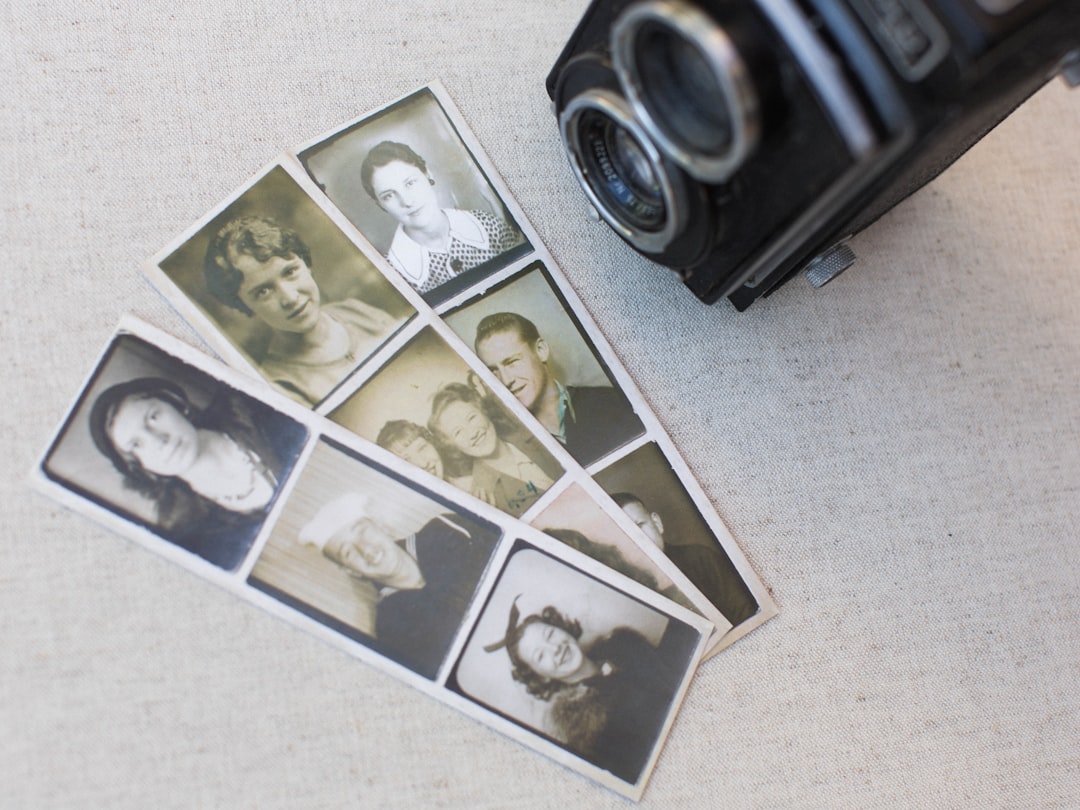
Conclusion
Investing in the best photo scanner for your needs is more than just buying hardware—it’s investing in legacy. The Epson V600 and Canon 9000F Mark II are ideal for detail-oriented users, while the FastFoto FF-680W is a lifesaver for bulk scanning. Casual users digitizing only photo prints may find suitable and easy-to-use options in the Kodak Slide N Scan or Plustek Z300.
Ultimately, the right scanner should match your balance between speed, quality, and ease of use. With technology advancing each year, now is as good a time as any to keep your cherished memories safe and accessible for the future.
yehiweb
Related posts
New Articles
10 Surprising Tools That Make Vector Illustration Easier for Beginners
Vector illustration has long been considered a skill reserved for seasoned designers with powerful software and years of practice. However,…

